When writer/director Joss Whedon came on board Marvel’s Avengers movie, tasked with creating an exciting ensemble piece, he rewrote the script and put his self-aware characters stamp on the story. The final result was a roaring success and paved the way for the Russo Brothers (and others) to confidently take Marvel movies in different directions.
But Whedon also sprinkled various cinematic details into the film - some technical and some character beats - that the casual viewer may not have noticed.
10 Hulk History
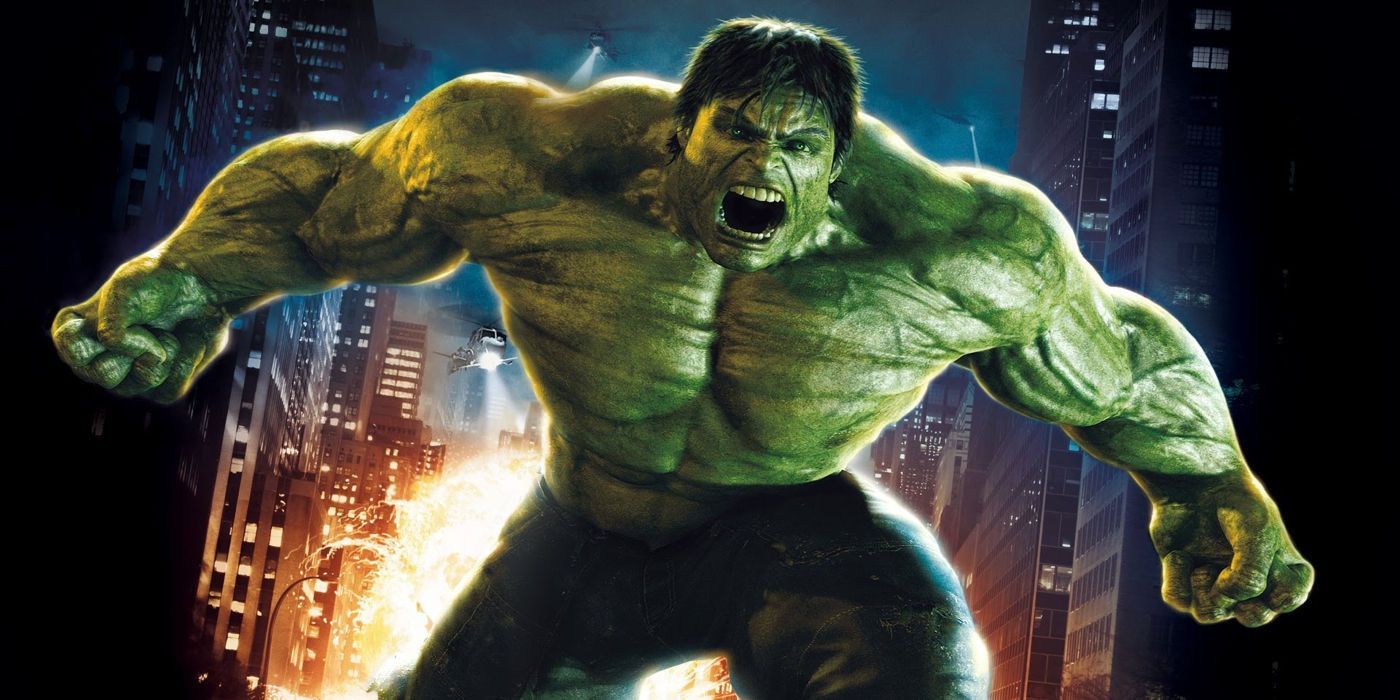
In the present age of multiplying superhero movies, most forget that, after Iron Man, Marvel was intent on bringing Hulk to life, and did so 3 times cinematically, with the last one starring Edward Norton as Dr. Banner. This movie is largely ignored in MCU canon, with General Ross the most recurring character after the green monster. Ross will next appear (with actor Wiliam Hurt de-aged) in Black Widow.
In Avengers, when Agent Coulson tries to debrief Tony Stark on his potential teammates, after an exchange of pleasantries with Pepper, Tony reviews the holographic details. If you look closely, you can see a few scenes from The Incredible Hulk amidst the activities.
9 Power Up
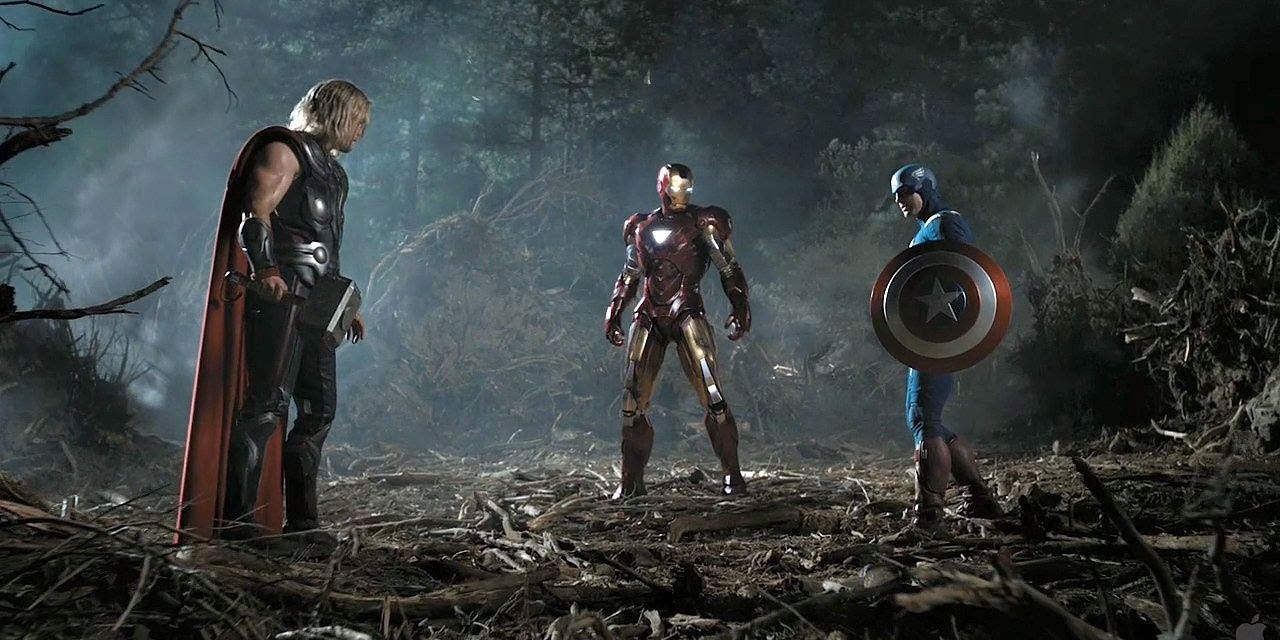
Early on in Avengers, in the brief battle in the forest between Iron Man and a newly arrived Thor, the latter summons lightning and “throws” it through his hammer Mjolnir at Tony, hoping to incapacitate him. But somehow the lightning boosts the power on Tony’s suit, so he is able to retaliate with a bigger energy blast.
Once hit by lightning, Tony’s virtual-assistant Jarvis helpfully reports that the Iron Man suit is now powered at “200%” - and if you look at Tony’s heads-up display, you’ll see that number reached and exceeded, to 475%, when Tony strikes back.
8 Camera Acrobatics
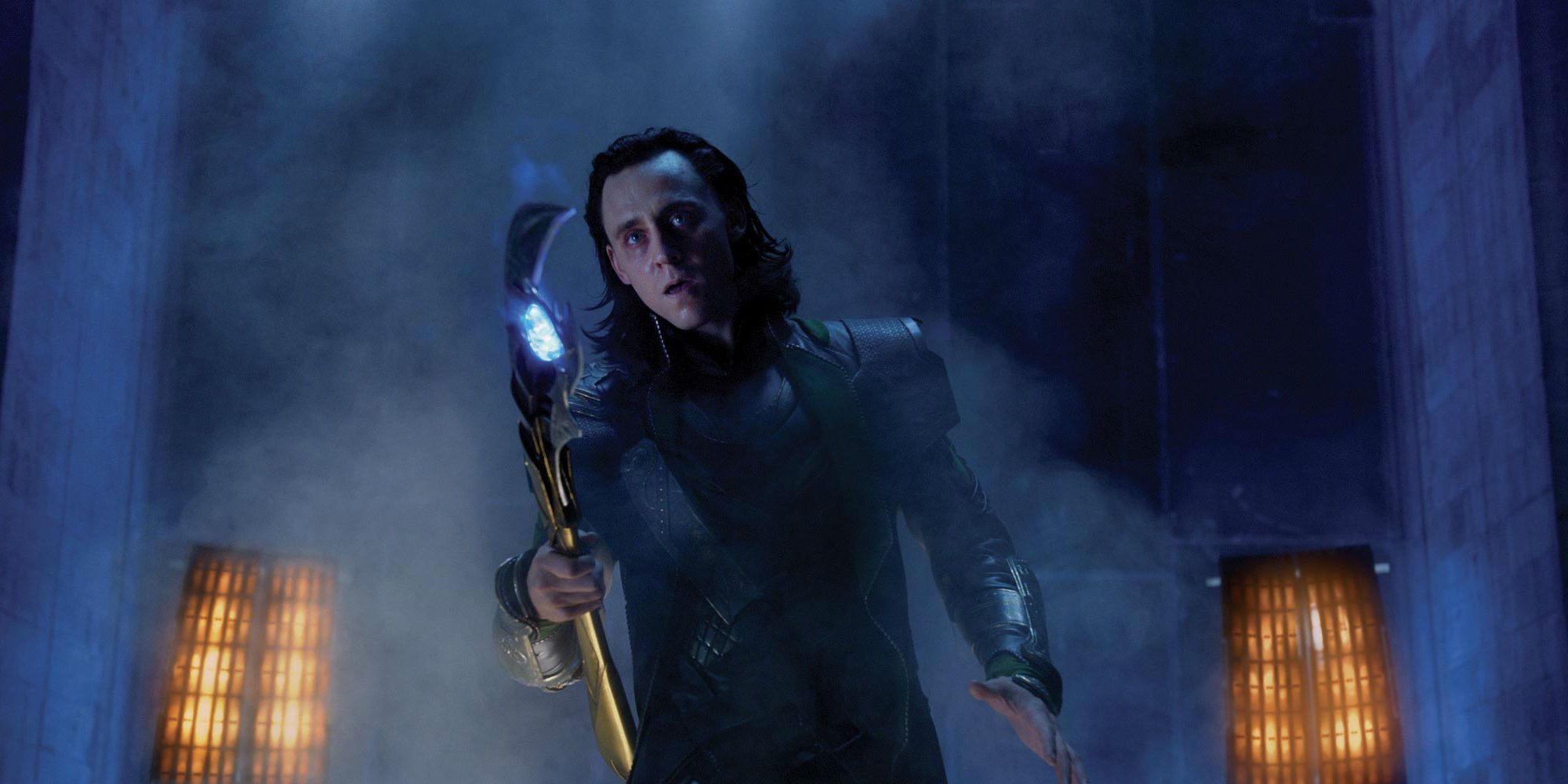
Whedon’s films don’t rely on camera tricks and descriptive lightning to the same degree as other popular filmmakers (e.g. JJ Abrahms), so when he does employ some camera-batics its noticeable.
In Avengers, one of the key dialogue scenes occurs one-third way through the movie, when our superheroes are verbally accosting each other in the lab aboard the Helicarrier. To drive the point home that they are affected by the Lok’s magical spear, Whedon rotates the camera to focus on the spear and the Infinity Stone therein. This skewed viewpoint disorientates the moviegoer and gives us a subtle clue as to why the characters are acting differently.
7 Hydra Lives
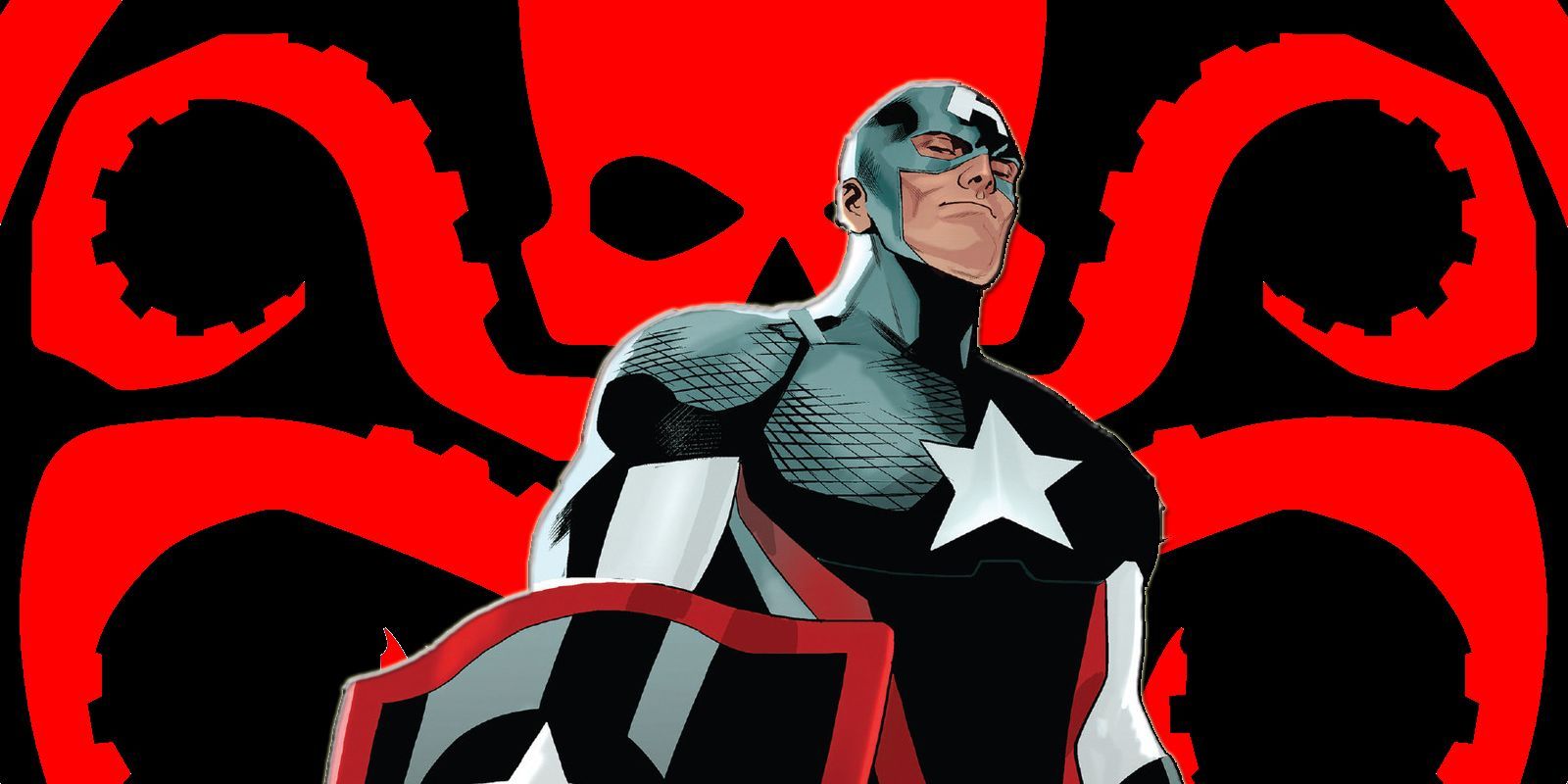
In future MCU films like Captain America: The Winter Soldier, we discover that the evil Hydra organization never really died, but went “underground” within SHIELD and other paramilitary organizations. But as far as Captain America is concerned in Avengers, the influence of Hydra must be found and crushed before it can sow its evil seeds again.
Although Avengers is careful to outline that Hydra weaponry is onboard the Helicarrier, inspiring weapons designs for SHIELD to battle external threats, there’s only a brief flash of their iconography in the movie - when Steve Rogers opens a locker in a locked storage room. The Hydra octopus symbol is clearly visible, if only for a second, for those who know where to look.
6 World Security Council Leaders
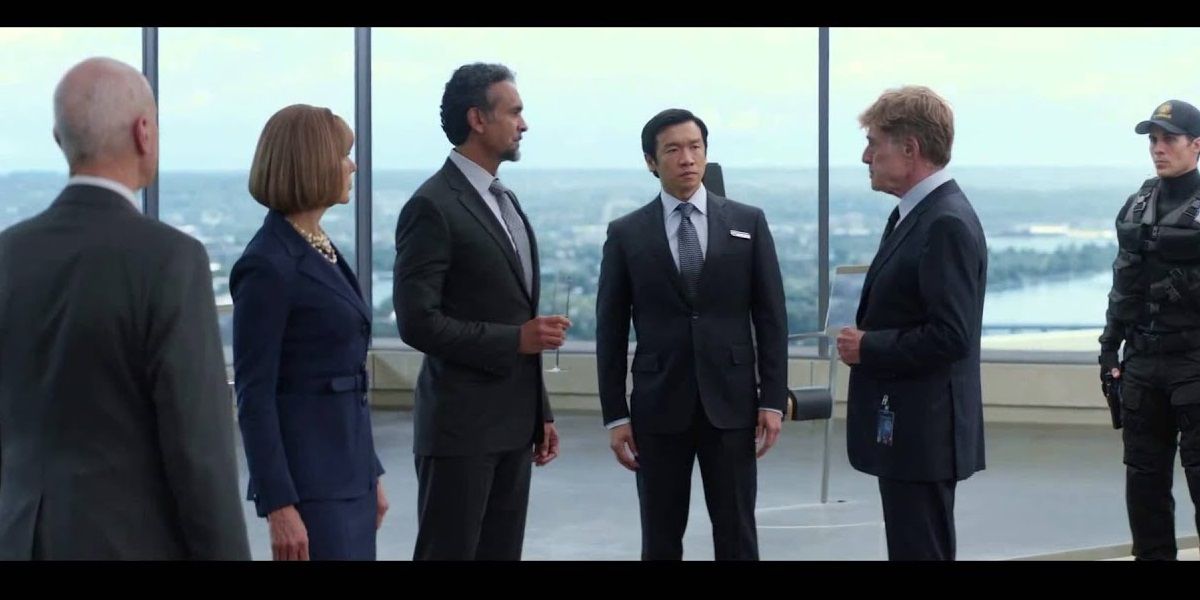
The World Security Council is a dark and shadowy group of people that governs the activities of SHIELD - this we know because, in their few scenes on-screen in Avengers, the 4 people are in dark shadows as they chat with Director Fury.
In a clever moment of casting, the World Security Council includes the late Powers Boothe - who would factor into the Agents of Shield TV series - and Jenny Agutter as councilwoman Hawley. Hawley (and actress Agutter) would continue the character in a key role in Captain America: The Winter Soldier; but despite her link to agent Romanoff, it looks as though Hawley / Agutter won’t be appearing in Black Widow.
5 Hulk Speaks
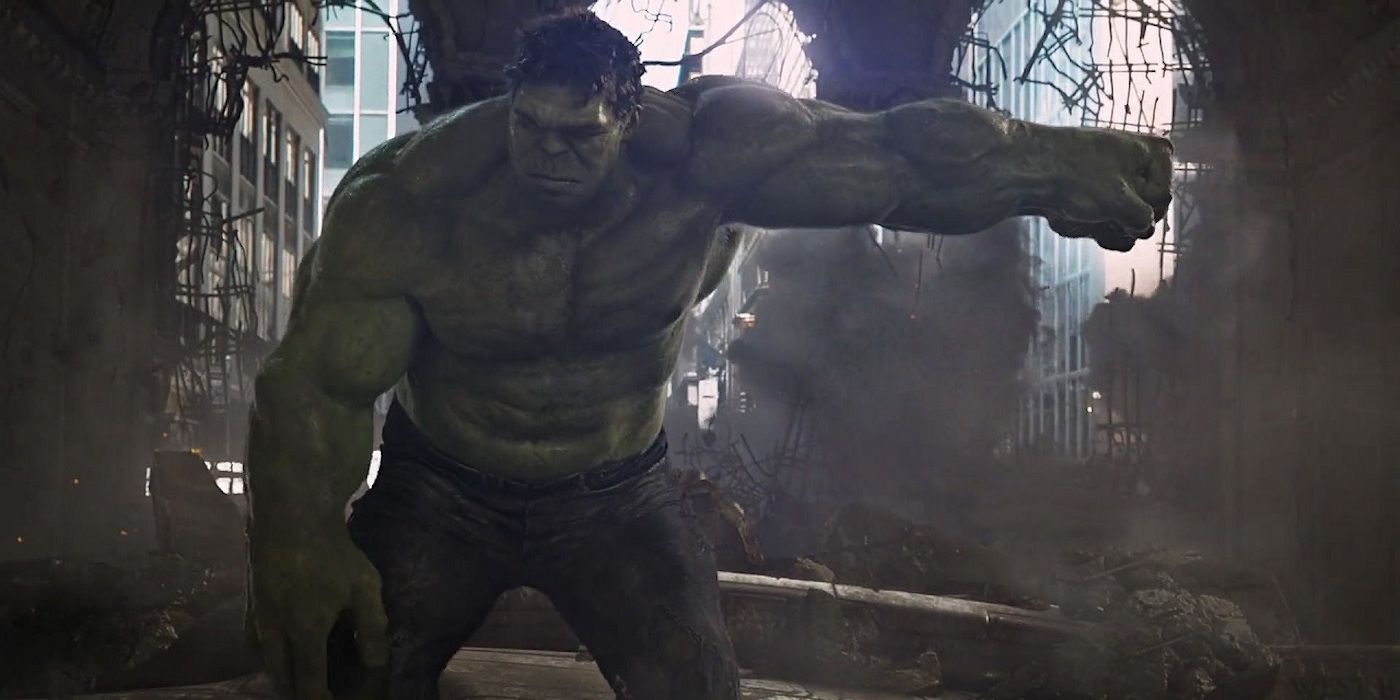
One of the problems in developing a movie based on the Hulk character is his dialogue: as Dr. Bruce Banner, the character is verbose and overtly technological, often tasked with explaining the science behind a particular undertaking to his colleagues (and therefore the audience as a whole). But once transformed into the Hulk, he says almost nothing but grunts and shouts - although the Hulk is more evocative in various graphic novels.
So for Whedon, when the Hulk “speaks”, it has to be memorable - which he is in two key scenes when he pummels Loki (below) and awakens Tony after his fall from the space portal. Hulk doesn't say much - but when he does, thanks to Whedon, it's key to the story.
4 Montage Clues
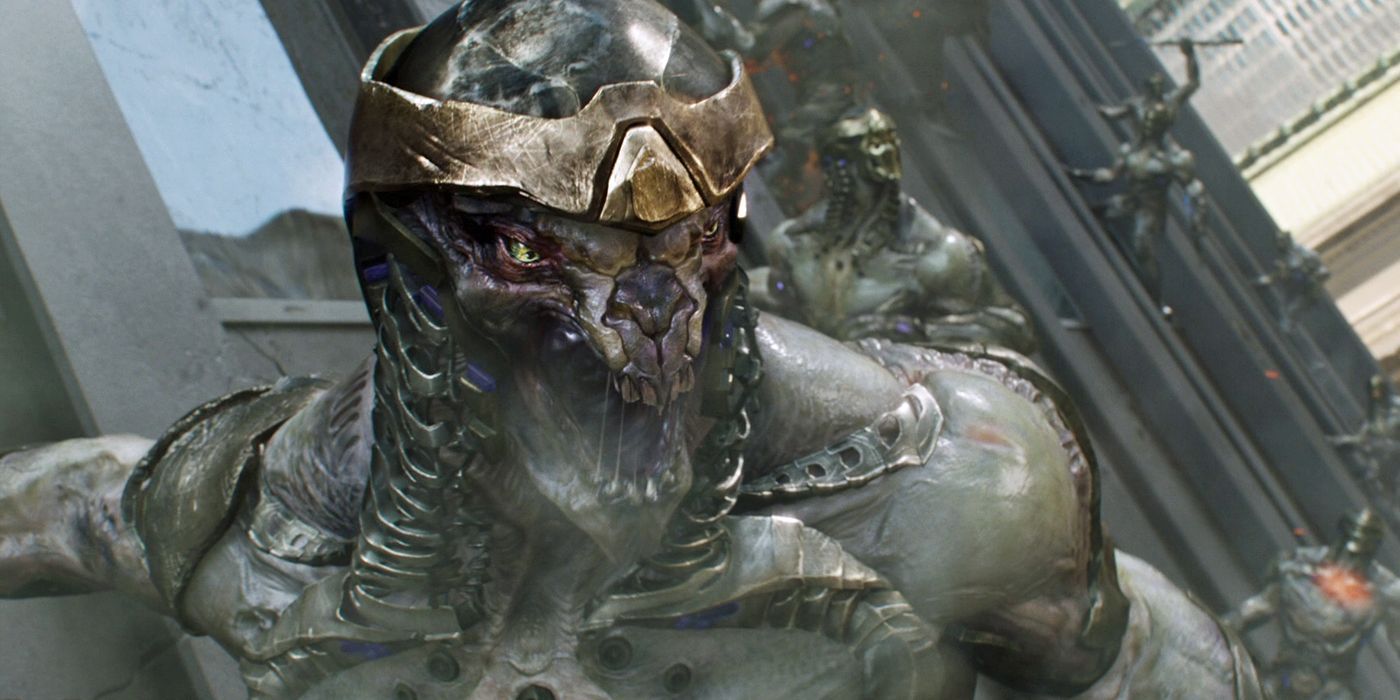
We knew when the filmmakers presented the montage near the end of the movie, after the Avengers have coalesced and defeated Loki and his forces, that there would be some “easter eggs” for future MCU presentations.
Besides Stan Lee's requisite cameo, the most prominent clues are in quick succession, where we see the destruction of New York being cleaned-up - a major plot point at the start of Spider-Man: Homecoming - and the Chitauri weapon lying intact, which would inform the Marvel Short Item 47.
3 Transporter Pad
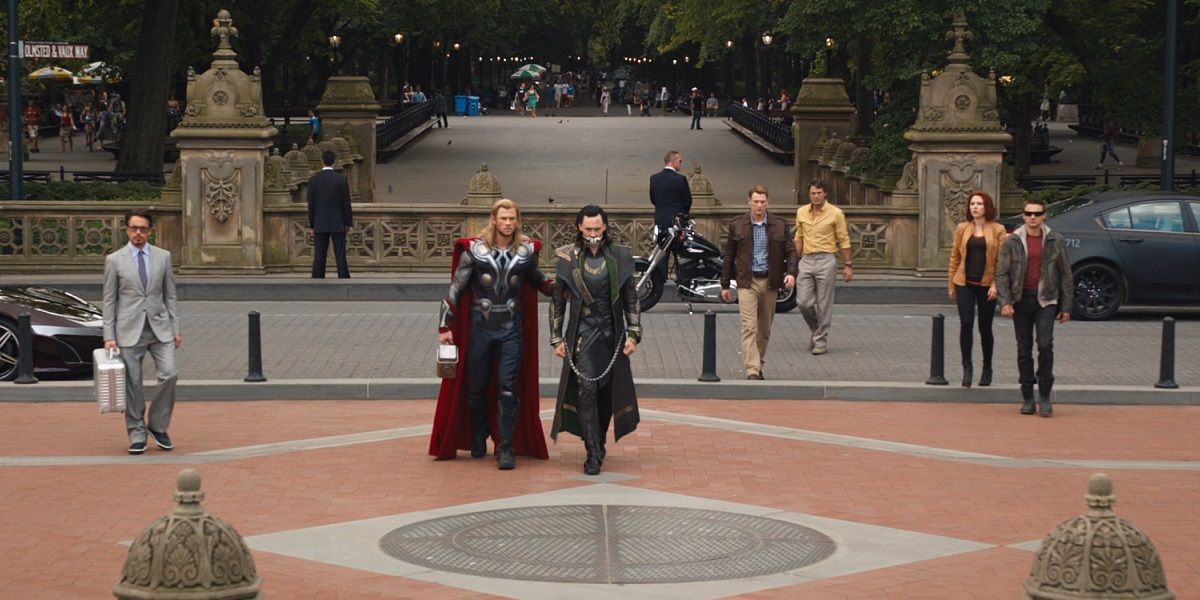
When Thor and others are transported to Asgard (and beyond), there’s a familiar pattern burnt onto the ground after they leave, as seen in Thor and Thor: The Dark World. In fact, Tony comments on this mark near the end of Avengers: Age of Ultron, that in leaving Thor has “no regard for lawn maintenance”.
So it’s noteworthy in Avengers, that when Thor takes a muzzled Loki back to Asgard via the Bifrost portal, there is already a cryptic pattern on the sidewalk. This decoration is not a special-effect but art etched onto the Bethesda Terrace in Central Park in Manhattan. It may seem odd for our heroes to undertake interplanetary travel in public, but with a closer look, the story implies that the transporting pad is already in place to be used by off-world aliens.
2 Hulk’s Children
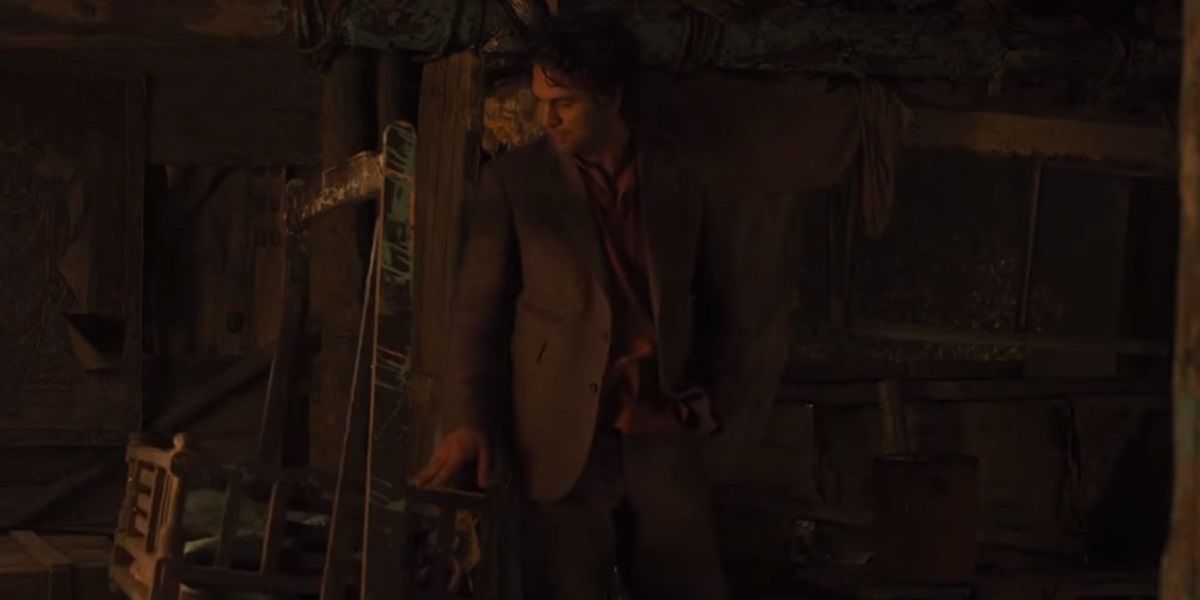
In one of the more subtle, bittersweet scenes in the movie, Dr. Banner tells Black Widow that “we don’t always get what we want” in life. This is the moment in Calcutta where the two are meeting for the first time, the start of a stilted romance that will flow (unresolved) across the Avengers movies.
Most fans notice that Banner is rocking an old, wooden crib as he speaks - an allusion to the fact that the Hulk (as currently written) can’t have children. This shortcoming is fleshed out more in Whedon’s Avengers: Age of Ultron, to show that Banner / Hulk cannot settle down and live a normal life - with Natasha or others - even if he wanted to.
1 Loki Lives
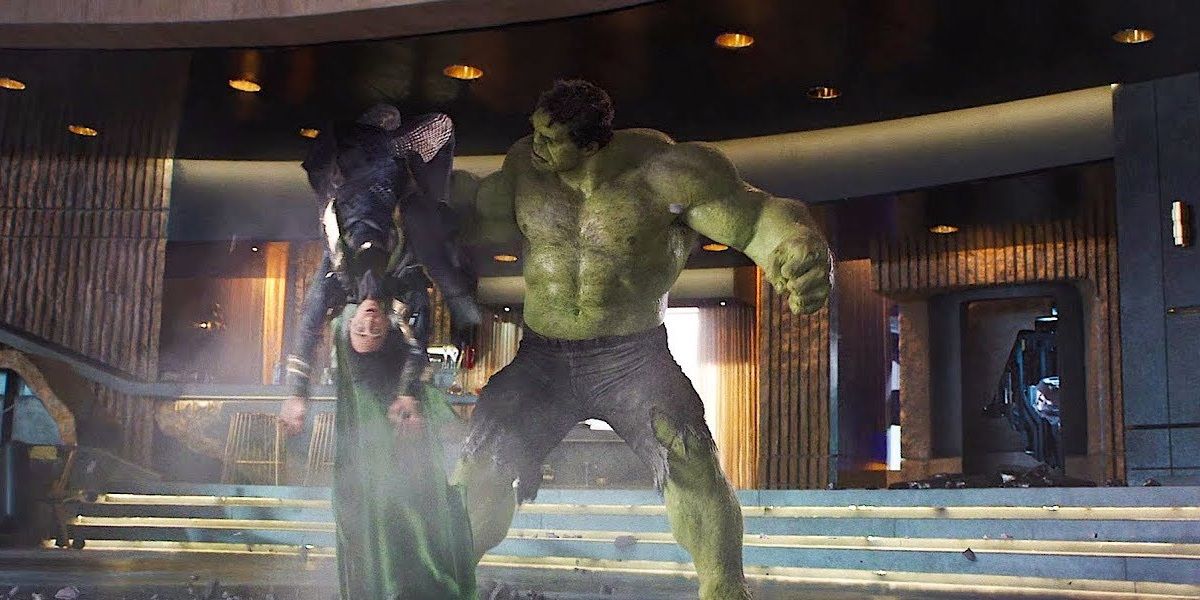
In easily the funniest part of Avengers, the audience gets to enjoy Loki getting tossed around like a ragdoll by the Hulk near the end of the movie, comically interrupting a pompous speech. Once the pummeling is complete and Loki lies in shock and pain, Hulk says one of his few lines - “puny god” - and walks away dismissively.
What’s lost when seeing the movie in the theatres, amidst all the laughter, is Loki’s wheeze - a subtle audio hint to the audience that Loki is not dead, and will need to be reckoned with before the story concludes. Now that we can watch Avengers on DVD, Disney+, Netflix, etc., we get to hear the “line”, reaffirming that Loki has been humiliated, but will live to create conflict with our heroes in the future.
from ScreenRant - Feed https://ift.tt/32ronOF

0 Comments